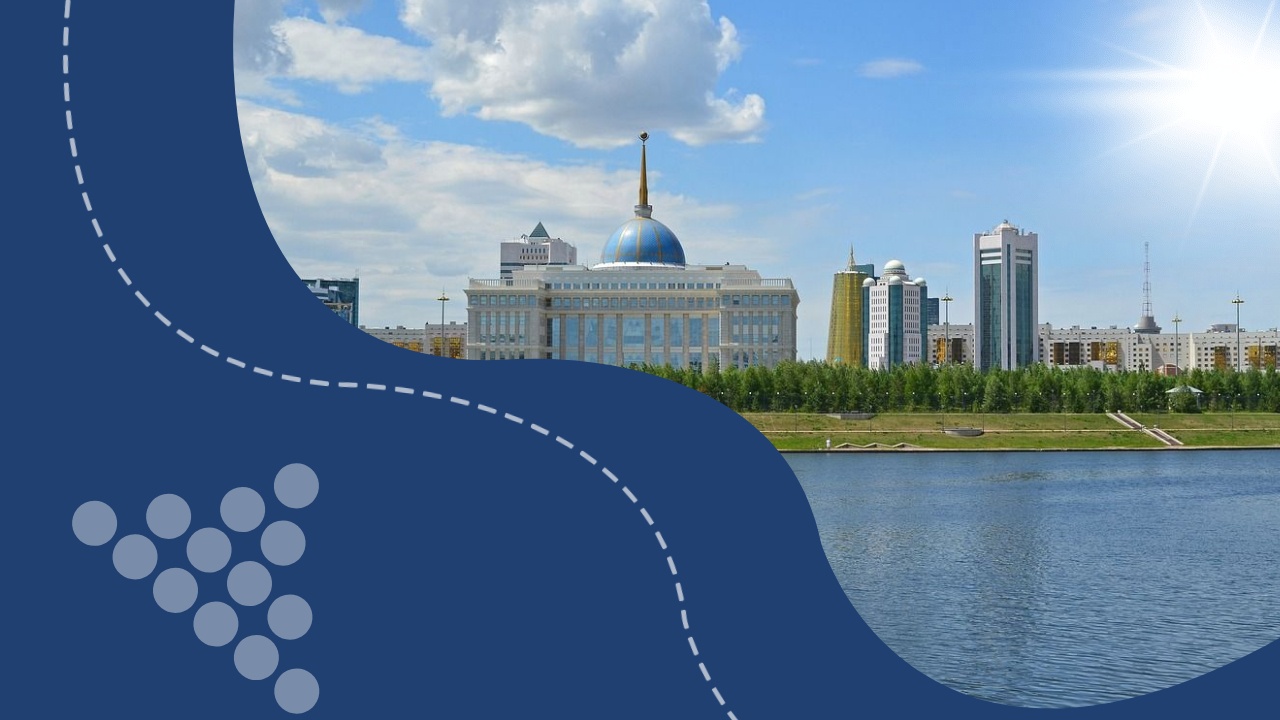Following the state acquisition of ArcelorMittal Temirtau and the departure of its long-standing investor in 1995, Qarmet JSC remains a focal point of interest. Ambitious plans are underway for the enterprise under the new domestic shareholder, with implementation overseen by the government. The top priorities set by the company’s management reflect a commitment to revitalizing operations and ensuring safety.
Upon the tragic incident at the Kostyanko mine last year, the Kazakhstani government opted to terminate investment cooperation with ArcelorMittal Temirtau, acquiring its assets for $286 million. The Allur Group of companies, led by Andrey Lavrentyev, emerged as the new owner, restoring the plant’s historical name — Qarmet.
In addition to asset acquisition, the investor has pledged an additional $3 billion for production modernization and environmental protection, with $1.3 billion earmarked for the current year alone. With the new ownership and name come renewed optimism among the plant’s workers, anticipating solutions to existing equipment and working condition issues.
Talgat Temirkhanov, Qarmet’s official representative, highlighted the development of a comprehensive plan for industrial safety and production modernization, leveraging international best practices and collaborations with industry leaders like BaowuSteel and the Boston Consulting Group.
The company’s management underscores the priority of restoring production while enhancing labor safety, with a focus on addressing critical equipment issues. General Director Vadim Basin outlined moderate production targets for 2024, anticipating increases in steel and iron ore concentrate production alongside a slight decrease in coal mining volumes.
In alignment with the name change, Qarmet’s focus extends to environmental sustainability, labor protection in mines, and social responsibility. Investments in new drilling rigs, modern heading combines, and gas monitoring stations underscore the commitment to improving production environments.
Decisions have been made to introduce positioning systems at all mines, along with plans for central dispatching and mine degassing. New construction initiatives include the development of coke batteries, polymer coating lines, and beneficiation plants, signaling a drive toward revitalizing the plant and empowering its workforce.

